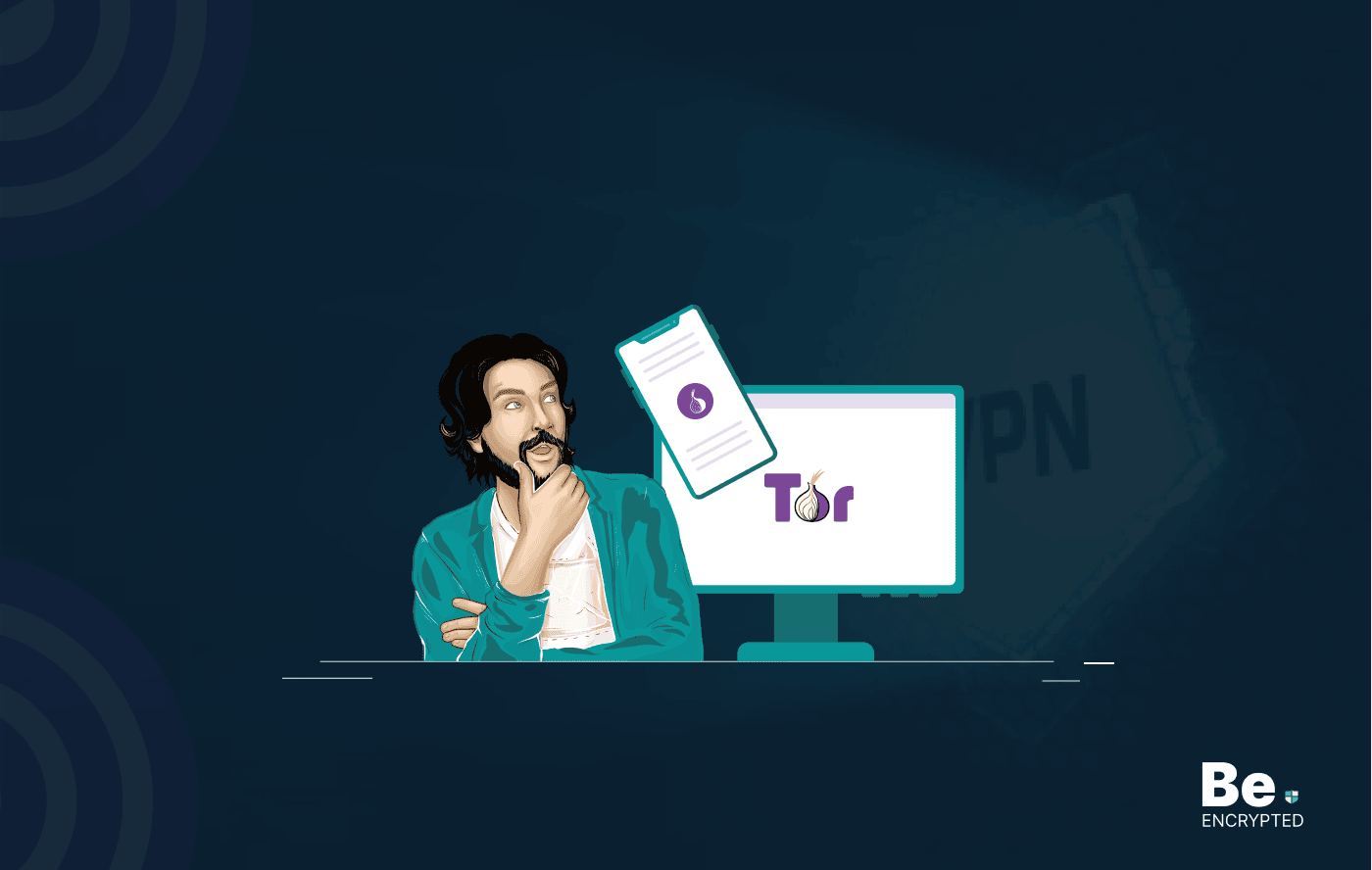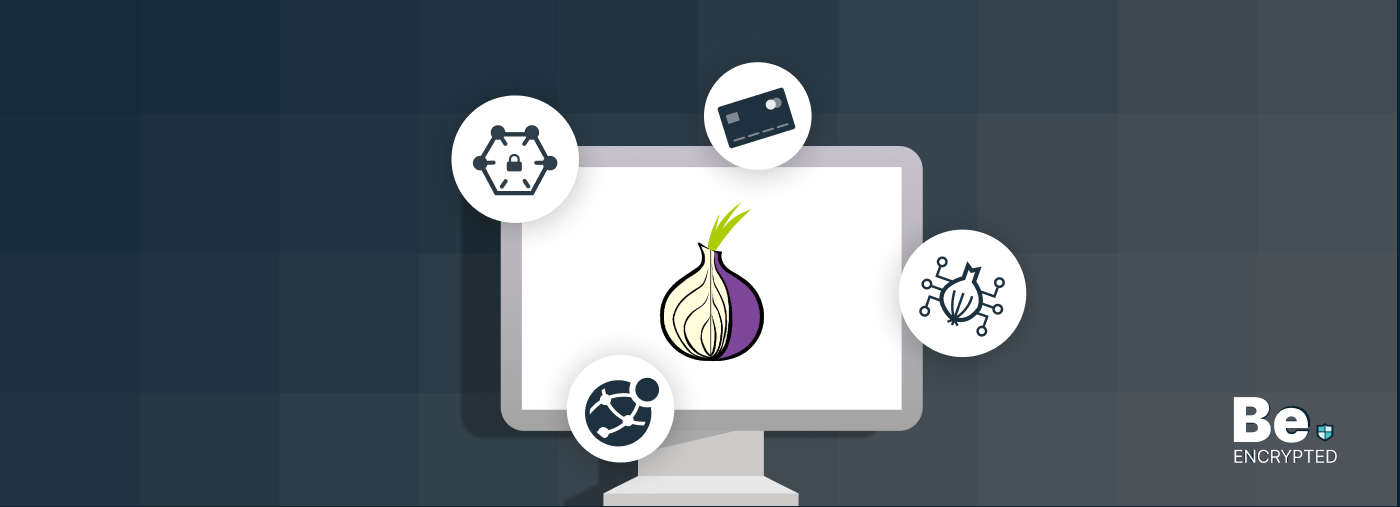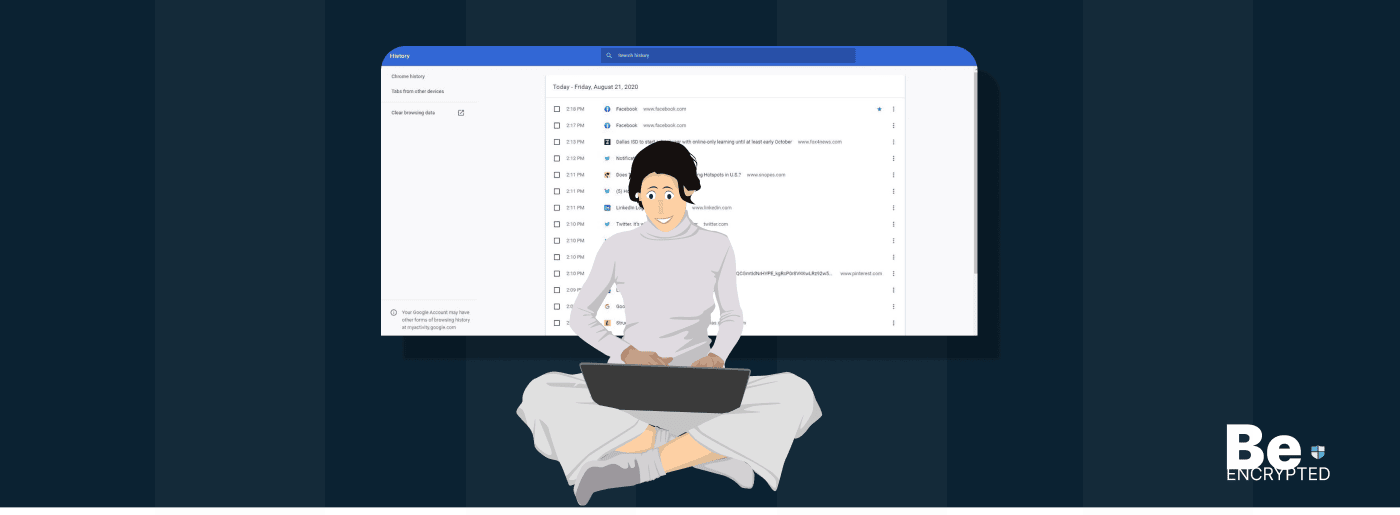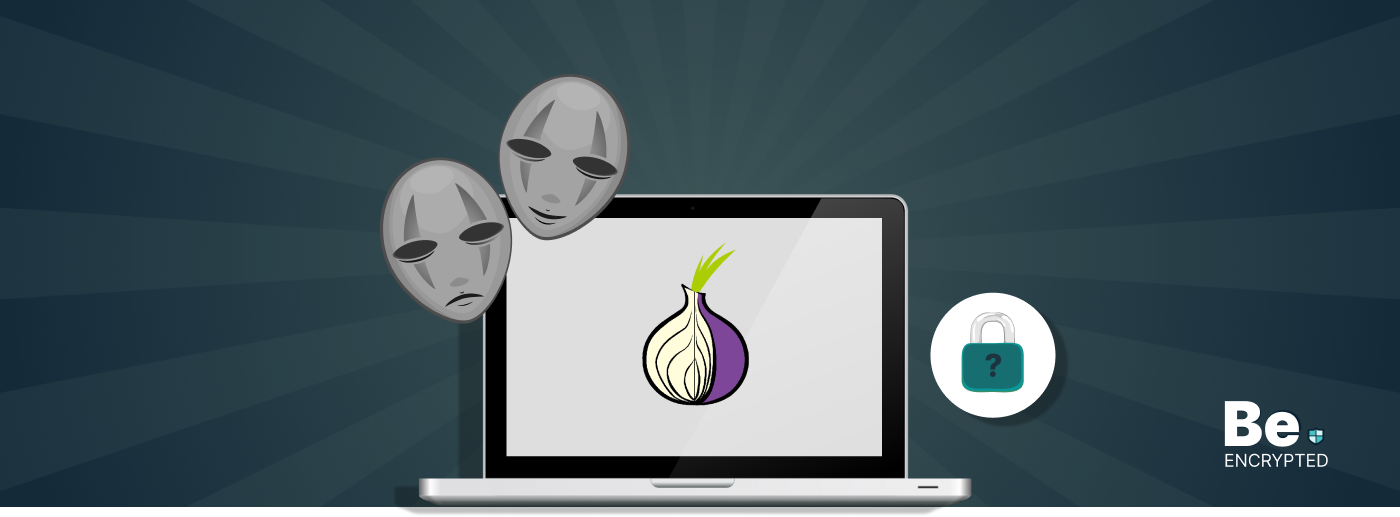You can use many privacy tools and a combination of tools to achieve what you are looking for, but we will guide only the best and easy to use in these quick steps. These tools help you quickly hide your activities from ISP.
- Reliable VPN – fast and encrypt all the Internet
- Tor Browser – slower and hide only browsing
- Private Search Engine – provide private search environment
It can be hard to hide your browsing history and activities from your internet service provider (ISP). They keep track of all the websites you visit and can see everything you do online. However, it is not at all hard to hide your tracks if you know what to do.
ISP tracking is a way for companies to collect data about what their customers are doing online. This data can be used to sell ads, target users with specific content, or even track and store user behavior. While some people may not mind this type of tracking, others may find it invasive or worrying. Thankfully, there are ways to hide your browsing history and activities from your ISP if you want to keep them secret.
In this article, we will discuss how to hide your browsing history and activities from your ISP using a few simple steps.
What data ISP can see
After all of this: FCC Privacy Rules, ISP can now sell your data to any advertising company they want. Well, the following are things they collect from you and why they do so.
- Browsing history and activities: They will sell your browsing history to advertising companies to target you with relevant ads like Google or Facebook already do.
- Personnel Detailed: They can now store and provide personal information such as email addresses, phone numbers, payment data, security numbers, and other logs.
- Internet Devices: will give you a device already configured with their spying software.
- Cookies Injection: Can inject hidden and untraceable cookies into the browser and retrieve data.
If you think as I’m feeling right now, yeah, that’s bullshit. Bad news for USA Guys!
How to Hide Browsing History from ISP
There are many tools and combinations of toolsets you can use to hide your digital fingerprinting and hide your identity while browsing. but here are the top 3 best ways you can use to hide your activities from ISP.
- VPN – by using a VPN service
- Tor browser – by browsing through the Tor network
- Private search engines – by searching through private server based engines
1. Use VPN
VPN (Virtual Private Network) is a technology that helps hide your browsing history and activities from your ISP. When you connect to a VPN, your traffic is routed through a secure server before it reaches the internet. This means that your ISP cannot see which websites you are visiting or what you are doing online.
VPNs are a great way to keep your browsing history and activities private from your ISP. They are also a great way to protect your privacy online, more generally. VPNs can be used to hide your IP address, which can help protect your identity and prevent tracking. They can also be used to access blocked websites and content.
If you are looking for a way to hide your browsing history and activities from your ISP, VPN is a great place to start.
NordVPN: its top-ranked VPN provider, 5000+ servers, all security features, works with Netflix, Torrenting, Tor, and ISP throttling – 30-day Free trial www.nordvpn.com
Surfhark: It’s excellent with Netflix and torrenting, can bypass ISP throttling, and has great privacy features. 3500+ servers and come with a 30-day free trial www.surfshark.com
CyberGhost: it offers 7500+ servers worldwide, works with torrenting and Netflix, and provides excellent privacy features. 30-day Free trial available www.cyberghost.com
2. Tor Browser
Tor Browser is a web browser that uses the Tor network to hide your browsing history and activities from your ISP. When you connect to the Tor network, your traffic is routed through a series of secure servers before it reaches the internet. This means that your ISP cannot see which websites you are visiting or what you are doing online.
It is also a great way to protect your privacy online more generally. Tor Browser can be used to hide your IP address, which can help protect your identity and prevent tracking. It can also be used to access blocked websites and content.
3. Private Search Engines
Private search engines are a great way to hide your browsing history and activities from your ISP. When you use a private search engine, your traffic is not routed through any servers. This means that your ISP cannot see which websites you are visiting or what you are doing online.
There are a number of different private search engines that you can use to hide your browsing history and activities from your ISP. Some of the most popular private search engines include DuckDuckGo, StartPage, and Ixquick.
Private search engines are a great way to keep your browsing history and activities private from your ISP. If you are looking for a way to hide your browsing history and activities from your ISP, using a private search engine is a good place.
how to hide browser history from wifi owner
If you are using a public wifi network, there is a good chance that the owner of the network can see your browsing history and activities. This is because public wifi networks are not encrypted, which means that the network owner can see everything you do online.
There are a few ways to hide your browsing history and activities from a public wifi network owner. As we discussed above, one way is to use a VPN. When you connect to a VPN, your traffic is routed through a secure server before it reaches the internet. This means that the network owner cannot see which websites you are visiting or what you are doing online.
Another way to hide your browsing history and activities from a public wifi network owner is to hide your IP address. You can hide your IP address by using a private search engine. When using a private search engine, your traffic is not routed through any servers. This means that the owner of the network cannot see which websites you are visiting or what you are doing online.
Final words
Anti-privacy bills in the USA and surveillance laws in other countries create privacy urgency. VPN is a complete solution with free and paid options to hide browsing history.
However, to remain calm and confirm security, you should select reliable VPNs available at low prices and have trial periods. By doing so, you can test everything before making the final decision.
FAQs
Share this article
About the Author
Rebecca James is an IT consultant with forward thinking approach toward developing IT infrastructures of SMEs. She writes to engage with individuals and raise awareness of digital security, privacy, and better IT infrastructure.
More from Rebecca JamesRelated Posts

Tor Browser Privacy Setting-How to Setup Properly?
Tor browser is notorious for providing a secure browsing experience and allowing access to the dark ...

14 Disposable Email Services That Provide Temporary Email Addresses
KEY TAKEAWAYS If you’re in a hurry to find out the disposable email service provider, have a q...

When Using the Tor Browser Becomes Illegal? Detailed Overview
Anonymity and privacy over the internet are becoming more critical than ever before. Among the many ...

Tor Alternatives (21 Options) Better Than Tor Browser – Deep / Dark Web Browsers
KEY TAKEAWAYS Online security is the most crucial aspect of safely accessing the deep and dark web o...

Who Can See My Browsing History and Activities – Lets Find Out
KEY TAKEAWAYS The following mentioned below are the most prominent sources that can see your browsin...

How to Use Tor Safely? (7 Must-Do Tips) To Enhance Your Privacy While browsing
KEY TAKEAWAYS Tor does provide some level of protection, but it will never provide data encryption a...


